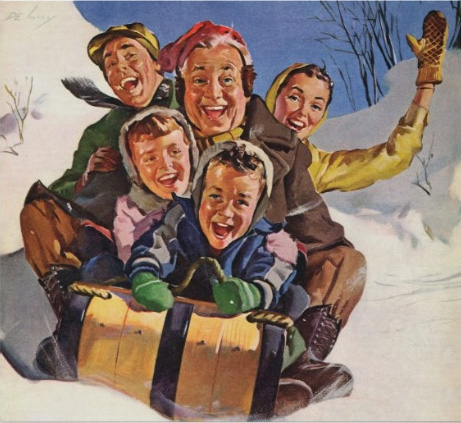Syllogistic love
 I heard an interview yesterday with a woman who moved halfway across the country last year to make arrangements for her aging father’s end of life. “He’s senile and his girlfriend is insane,” she said. His health is failing, too.
I heard an interview yesterday with a woman who moved halfway across the country last year to make arrangements for her aging father’s end of life. “He’s senile and his girlfriend is insane,” she said. His health is failing, too.
When the time comes, and it won’t be long in coming, she and her two sisters will prepare a place on the small farm where she raises horses and guinea hens and they’ll care for him there, working in shifts, until they’re no longer able to do so. Days, weeks, months or years. It’s up to him.
Earlier in the interview, she’d used words like “dysfunction” and “neglect” to describe her childhood, so the interviewer asked for clarification. “You do love him, then?”
Her answer wasn’t the mid-life reconciliation story that I was expecting.
“He is my father, so I love him,” she said.
“Let me get this straight,” I wanted the interviewer to say. “All children love their parents; this man is your parent; therefore you love him. Is that how it works?”
That is how it works in many quarters, I know, but I’ve never understood it.